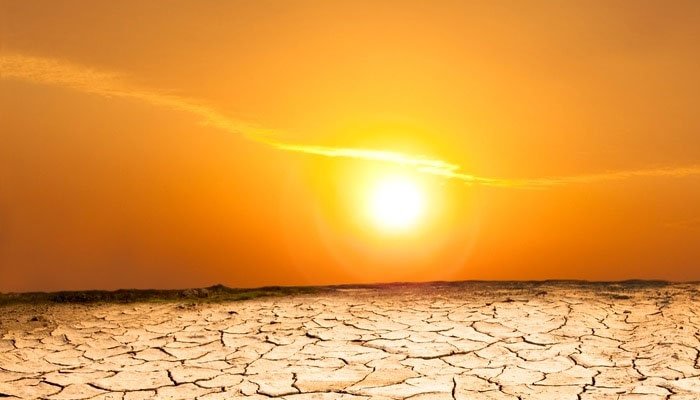“Extraordinary” November became the sixth record-breaking month in a row, Europe´s climate monitor says
The year 2023 is set to become the hottest in recorded history, with November being the sixth consecutive record-breaking month, according to Europe’s climate monitor. The Copernicus Climate Change Service reported that last month alone shattered the previous November heat record, pushing the global average temperature for 2023 to 1.46 degrees Celsius warmer than pre-industrial levels.
This news intensifies the pressure on COP28 talks to take significant actions addressing climate change. There were earlier warnings about 2023 potentially surpassing 2016 as the hottest year, and the recent confirmation underscores the urgency of addressing global warming.
November also contained two days that were 2C warmer than pre-industrial levels. Not one such day had ever before been recorded.
Samantha Burgess, deputy head of the Copernicus service, said that 2023 has “now had six record-breaking months and two record-breaking seasons”.
“The extraordinary global November temperatures, including two days warmer than 2C above pre-industrial (levels), mean that 2023 is the warmest year in recorded history,” she said.
Scientists say data from ice cores, tree rings and the like suggests this year could be the warmest in more than 100,000 years.
To phase out or down?
The announcement of the record comes as negotiators from nearly 200 countries at the COP28 talks in Dubai debate the text of a final draft agreement that responds to a damning stocktake of progress on limiting warming.
A crucial aspect of this is the fate of oil, gas and coal — the main drivers of human-caused planet heating.
Battle lines at the talks in oil-rich UAE have previously been drawn on whether to agree to “phase out” or “phase down” fossil fuels.
But a new phrase committing to an “orderly and just” phase-out of fossil fuels could signal a consensus candidate, giving countries different timelines to cut emissions depending on their level of development and reliance on hydrocarbons.
More From FactFie: Climate change will affect more than 90% of big businesses
But there is another option: no mention at all of fossil fuels, which reflects opposition from nations including Saudi Arabia and China, according to several observers who attended the closed meetings.
Another draft paragraph urging a “rapid phase out of unabated coal power this decade” has also faced opposition from China, South Africa and Vietnam, the observers said.
A new version of the draft text is expected on Wednesday morning that will then be sifted through at the talks, which are due to end on December 12.
‘Temperature will keep rising’
Meanwhile, 2023 has seen a series of devastating extreme weather events linked to climate change, even as the world´s carbon emissions continue to rise.
According to Copernicus, whose records go back to 1940, the first 11 months of this year have been 0.13C hotter than in 2016, the previous warmest year.
Global temperatures in the second half of this year are believed to have been partly propelled by the El Nino weather pattern, which has caused fewer “anomalies” so far in 2023 than in 2015-2016, the Copernicus service said.
September to November, the three months marking autumn in the northern hemisphere, were the hottest ever “by a large margin,” according to Copernicus.
November alone was 1.75C warmer than pre-industrial levels — and marked a significant 0.85C increase over 1991-2020, Copernicus said.
Such numbers could suggest that the world is coming uncomfortably close to warming 1.5 degrees Celsius since pre-industrial times, which is a key threshold in the Paris climate agreement.
However, to breach the Paris limit, global temperatures would need to stay above 1.5C over decades.
“As long as greenhouse gas concentrations keep rising we can´t expect different outcomes,” Copernicus head Carlo Buontempo said.
“The temperature will keep rising and so will the impacts of heatwaves and droughts,” he added.
Also on Wednesday, researchers warned of 26 Earth “tipping points” such as melting ice sheets, that have the potential to unleash a domino effect of irreversible catastrophes across the planet.





